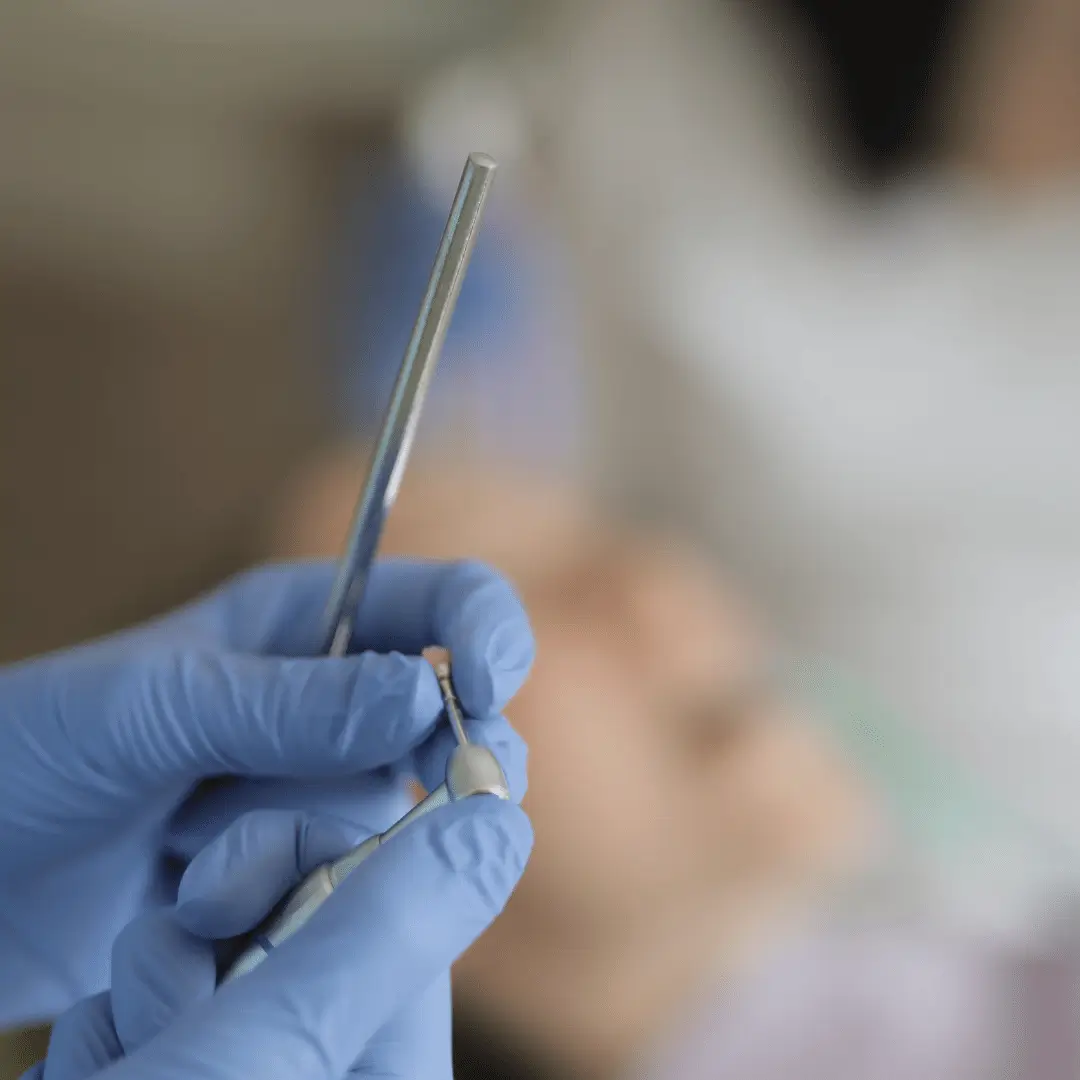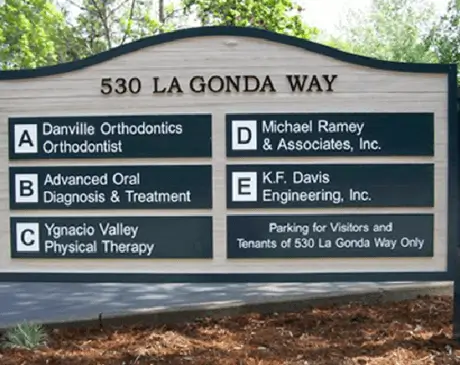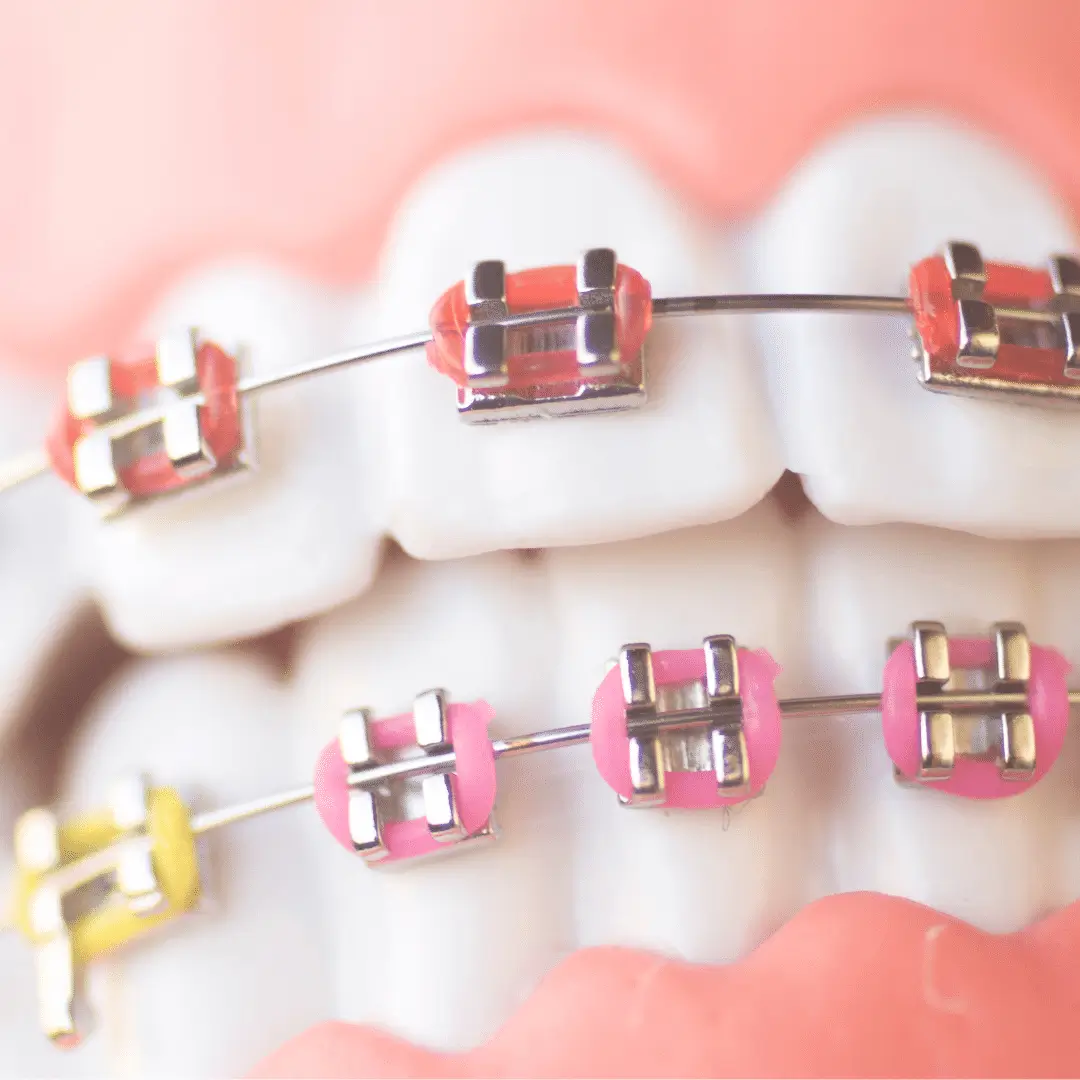TMJ Disorders and Their Treatments at Danville Orthodontics
At Danville Orthodontics, Dr. Hoss Abar and his team provide specialized treatment plans for patients experiencing TMJ-related issues. Whether you are just starting to notice symptoms or have been managing TMJ pain for a while, understanding the complexities of these disorders and the available treatment options is crucial for effective relief.
What is TMJ?
The Temporomandibular Joint (TMJ) is one of the most complex joints in the body. It functions as a hinge and sliding mechanism connecting the jawbone to the skull. This dual function allows you to open and close your mouth and move your jaw from side to side. TMJ disorders can disrupt this functionality, leading to pain and discomfort in the jaw and surrounding areas.
Causes of TMJ Disorders
Temporomandibular Joint (TMJ) disorders include problems associated with the jaw joint and the muscles responsible for jaw movement. Understanding the various causes, recognizing symptoms, and exploring treatment options can significantly aid in effective management and relief.
TMJ disorders can be complex and depend on multiple factors. Here are the main contributors:
1. Physical Injury
Direct trauma to the jaw or the temporomandibular joint can lead to TMJ disorders. It might include impacts from accidents or sports injuries. Physical injury can cause displacement or damage the joint components or associated muscles.
2. Arthritis
Osteoarthritis and rheumatoid arthritis can affect the TMJ. These conditions lead to degradation of the joint's cartilage and inflammation, causing pain and restricted movement.
3. Tooth and Jaw Alignment Issues
Misalignment of teeth or jaw can put undue pressure on the TMJ, leading to dysfunction. Chronic misalignment is also known to cause uneven wear and tear on the joint, aggravating symptoms over time.
4. Disc Displacement
The articular disc, which cushions between the skull and jawbone, can also slip out of place. This displacement can result in clicking or popping sounds or locking of the jaw.
5. Stress and Lifestyle Factors
High-stress levels can lead to unconscious behaviors such as clenching the jaw and grinding teeth (bruxism). These habits increase the load on the TMJ and can lead to muscle fatigue and pain.
Most Common Symptoms of TMJ Disorders
Symptoms of TMJ disorders may vary widely but typically include:
- Jaw Pain and Tenderness: Pain that is often felt in the jaw, around the ear, and can extend to the face.
- Restricted Jaw Movement: Difficulty or discomfort while opening or closing the mouth, sometimes resulting in a locked jaw.
- Clicking, Popping, or Grating Sounds: These noises may occur during jaw movement if the disc is displaced or the joint is damaged.
- Headaches and Neck Pain: Frequently associated with TMJ disorders due to muscle strain and joint stress.
- Ear Symptoms: Including ear pain, pressure, or even hearing loss due to proximity to the TMJ.
If one or more of these symptoms sound familiar, it's important to consult with a TMJ specialist as soon as possible. Dr. Abar at Danville Orthodontics can provide a thorough evaluation and recommend potential treatment options.
Orthodontics and TMJ: Why Dr. Hoss Abar?
Misalignment of teeth and jaw can intensify TMJ symptoms. Correcting these misalignments through orthodontic treatments can significantly relieve pressure on the TMJ, reducing symptoms and preventing further joint deterioration.
Dr. Abar's expertise in TMJ and orthodontics allows him to create effective, personalized treatment plans. His comprehensive approach addresses immediate symptoms and aims at long-term health and functionality of the jaw.
Treatment Options for TMJ Disorders
Treatment for TMJ disorders should be personalized and based on the specific symptoms and underlying causes:
1. Non-Invasive Therapies
Physical Therapy: Therapists design exercises that strengthen the jaw muscles, enhance mobility, and ease pain.
Oral Appliances: Custom-fitted mouthguards or splints, provided by dentists, help realign the jaw and restrict habits such as teeth grinding.
2. Medications
Pain Relievers: Pain relievers include over-the-counter options and stronger prescription varieties suitable for managing discomfort.
Anti-inflammatories: These medications help lessen joint swelling and ease associated pain.
Muscle Relaxants: These temporarily relax the surrounding jaw muscles and reduce spasms.
3. Dental Treatments
Correction of Bite Issues: Treatments such as braces adjust dental alignment, addressing the root causes of TMJ stress.
Repair of Tooth Damage: Repairing and restoring damaged teeth helps distribute bite forces evenly, alleviating TMJ strain.
4. Surgical Options
Arthrocentesis: This procedure involves skilled surgeons inserting needles into the joint to flush out fluid and debris.
TMJ Arthroscopy: A minimally invasive technique used to diagnose and sometimes treat TMJ issues with less recovery time compared to traditional surgery.
Open Joint Surgery: Surgical options are for the most severe cases and are only considered when conservative methods fail.
Orthodontic Solutions for TMJ
- Braces and Clear Aligners: Braces and clear aligners reduce stress on the TMJ by aligning the teeth properly.
- Customized Mouthguards: These are worn during sleep to prevent grinding and clenching, common contributors to TMJ disorder.
Conclusion
Understanding and effectively treating TMJ disorders requires expert care. At Danville Orthodontics, Dr. Hoss Abar offers treatment plans targeting your symptoms and their underlying causes. With a thorough evaluation and specialized care, Dr. Abar ensures that every patient receives the best possible outcome.
If you're struggling with jaw pain, clicking, or discomfort, don't hesitate to seek help. Experience relief from your TMJ symptoms—book your consultation at Danville Orthodontics today!
Services

Orthodontics Emergency
When you or your child encounter an urgent orthodontic need, having a specialist you know and trust can make a world of difference in the outcome.

Gummy Smile
Do you feel like your smile shows an excessive level of gum tissue? A gummy smile is a common complaint among the men and women who seek the services of Hoss Abar, DDS, MSD, at Danville Orthodontics in Danville, California.

TMJ Specialist
Your jawbone and the joints that connect it to your skull play numerous roles in your daily life, even though you might not think about this part of your body until something goes wrong.

Braces
If you’re hoping for a straighter smile, braces offer a time-honored solution with some really exciting, innovative updates. At Danville Orthodontics in Danville, California.

Retainers
Once your orthodontic treatment is complete, retainers are your tool to ensure those results last. At Danville Orthodontics in Danville, California, Hoss Abar, DDS, MSD, creates retainers that you or your child will wear to preserve that gorgeous smile.

Adult Orthodontics
If you think that braces are just for kids and that you can’t correct your alignment issues as an adult, you owe it to yourself to meet with Hoss Abar, DDS, MSD, of Danville Orthodontics in Danville, California.

Invisalign
If you’re hoping for a straighter smile but aren’t looking forward to more than a year of a metallic grin, Invisalign is an option worth considering. General and cosmetic dentist Hoss Abar, DDS, MSD at Danville Orthodontics in Danville.

Surgical Orthodontics
If you have orthodontic needs that cannot be corrected with braces or other devices, surgical orthodontics might be your best option.
